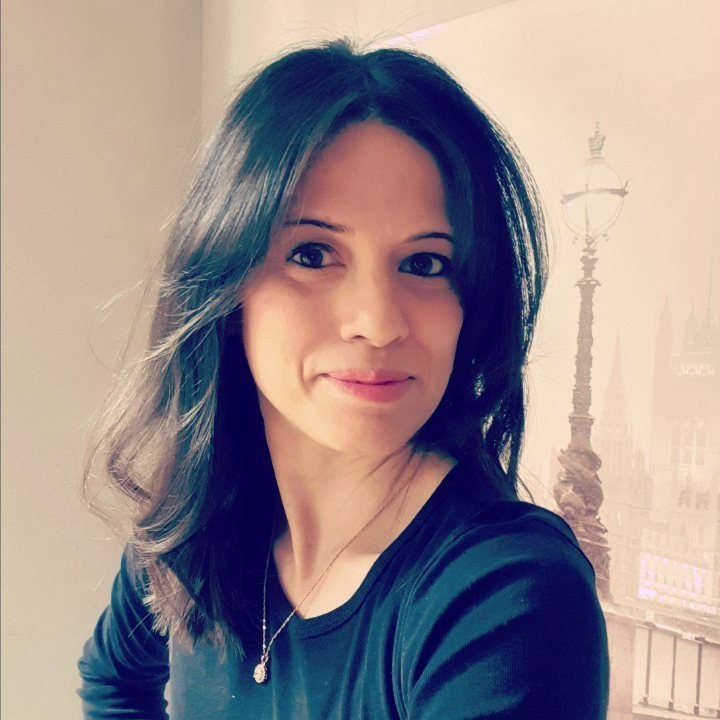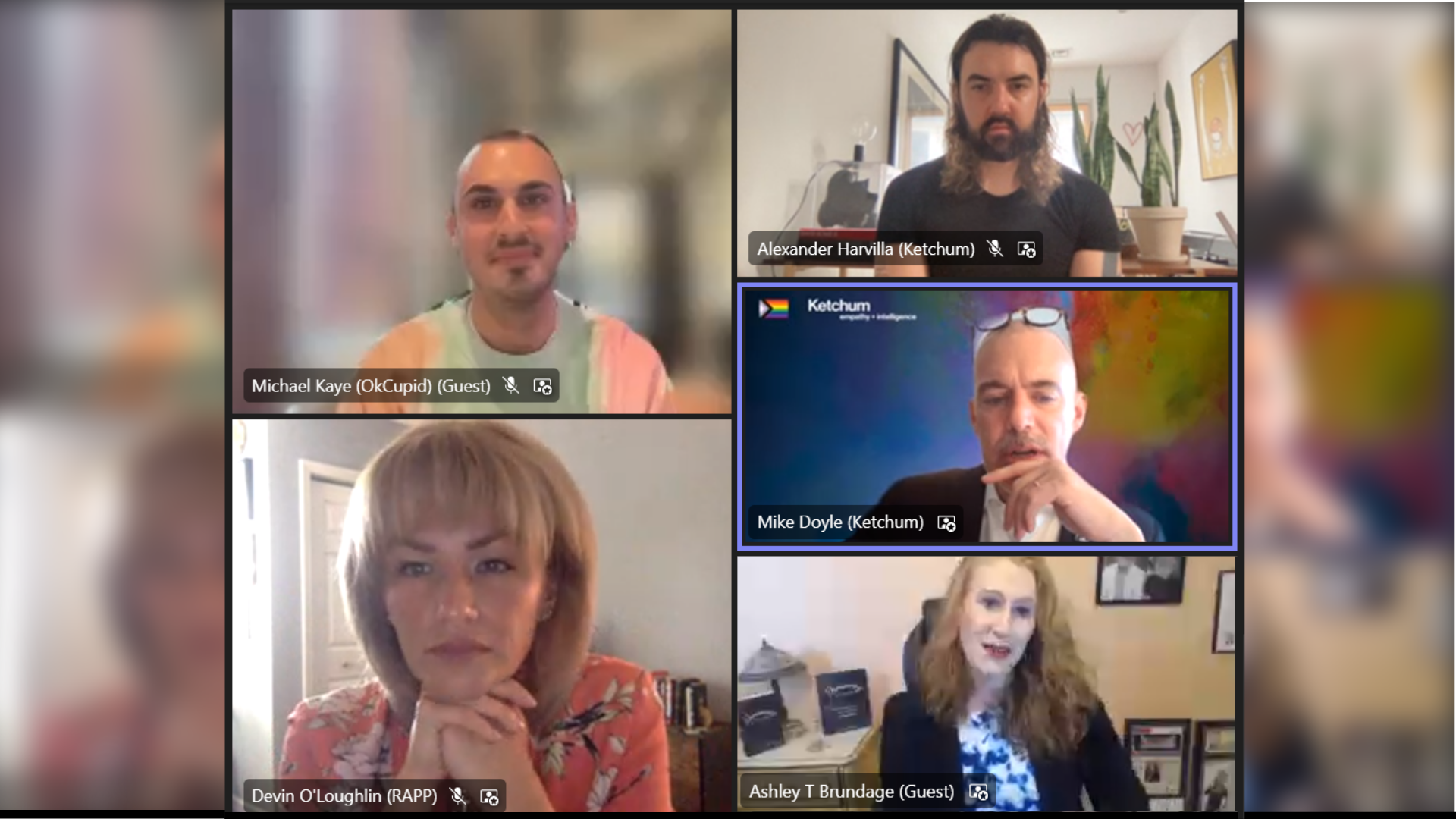It’s funny how in our industry today, the word on everyone’s lips is “culture.” Having grown up in a multi-generational, moderately religious, bustling Indian household in the Midlands, culture was no stranger in our household. I was always surrounded by colours, smells, textures and stories which were heavily influenced by the vibrancy and mythological origins of the Hindu religion.

When I moved to London, however, my ties to religion became looser, but my sense of culture became stronger than ever before. It also became a touchpoint to life outside of London, which, as anyone knows who’s lived there, can feel like an echo chamber.
The deeper I am in the city bubble, the more I draw on my Midlands roots, northern education and Kenyan/Indian heritage to bring some outside-in perspective. To consider ideas from another vantage point. To think about what my past has taught me. To ask myself, “What if…?” I love the saying, “A tree without roots is just a piece of wood.” It explains why connections are critical to seeing things in a new light. For beautiful things to flourish, we need to nurture and heed our roots.
The steps that I’ve trodden to get to where I am have had a monumental influence on my perspective today as a communications professional. As consultants, we bear huge responsibility on behalf of the incredible brands we represent, many of which have faced testing times over the past year. To help them overcome their challenges, we owe it to them to bring our full selves, our cultural compass, an open mind and a respect for diverse views to their challenges each and every day.
For me, this means looking past the London bubble and seeking inspiration from something much deeper and more fundamental to who I am: my roots.
Here are three examples:
1. One of twenty — Ever since I can remember, I’ve been surrounded by people — lots of them. I grew up with my siblings, cousins, uncles, aunts and grandparents. We ate together every night. You soon learnt how to find your place in a crowd! I never had a privileged upbringing in the sense we now know it, but I felt privileged to have so many people around me to learn from. We may have all lived in the same house, but we were all motivated by different things. When we think about comms, it’s a reminder that we must look past demographics when we think about audiences. Our experiences shape our outlook on life, so a millennial female in rural Somerset will be very different from one who comes from the cultural melting pot that is the Midlands, like me. We can help our clients be meaningful to the people they’re selling to if we just go one layer deeper than age/sex/location. And if you don’t know the answer? Ask.
2. Supporters, not flagbearers — The global uprisings we’ve seen around the world have been triggered by the need to see systemic change in our political and social systems — a rewiring of the way we deliver justice, the way we hire, the way we promote and the way we cast talent and teams. Growing up, I loved the revolving door that was my grandmother’s house — it really was the hub of our community. You never knew who you’d meet next — I remember my uncles and aunties bringing home their politician friends, ex-colleagues and community faith leaders, making for a melting pot of views, a community of supporters. As brands think about being progressive in areas like DE&I, consider how you can engage in active listening and dialogue with the network beyond your office gates. Doing so will ensure you’re driving real change in relation to the issues that matter, rather than engaging in window dressing. Take your people and the community around you on the journey. At the very least, it will make sure you’re moving forward.
3. Connect with your humanity – I recently had a discussion with a (white male) friend of mine who could not understand the term “white privilege.” It flummoxed me, as he’s genuinely international in his outlook and has a diverse set of friends, but he struggled to walk in someone else’s shoes for a moment. This is what brands need to do to humanise their stories and consider, in a more conscious way, how they approach things like talent casting and media selection. How and where brands spend their money should be more purposeful, otherwise we’re feeding the hand that bites us. No person of colour wants to be a tick box, so these decisions need to be made because they’re right, and because they reflect the diversity of their consumer set. They also need to be part of a more sustained programme of change.
I feel lucky to work in an industry and an agency where we can do work that matters. A career where we can choose to make a tangible difference to people, if we want. But the responsibility is two ways — just as we bring our true selves to work as consultants, we also need guarantees that there will be safe spaces for open dialogue with our clients, partners and suppliers that leads to healthy challenge and meaningful change.
So, in your next client/agency interaction, think about how your own lived experiences, or your personal roots, can signal a change in how we might ideate, construct a campaign platform or inform your programme tactics. You might need to do a bit of soul-searching prior to this point, but once you reconnect with your roots and personal identity, you’ll be amazed at how it can set you free and get to better, more culturally-relevant work.
If you’d like to talk further about how Ketchum can help you better understand the roots of your audience, please get in touch.



